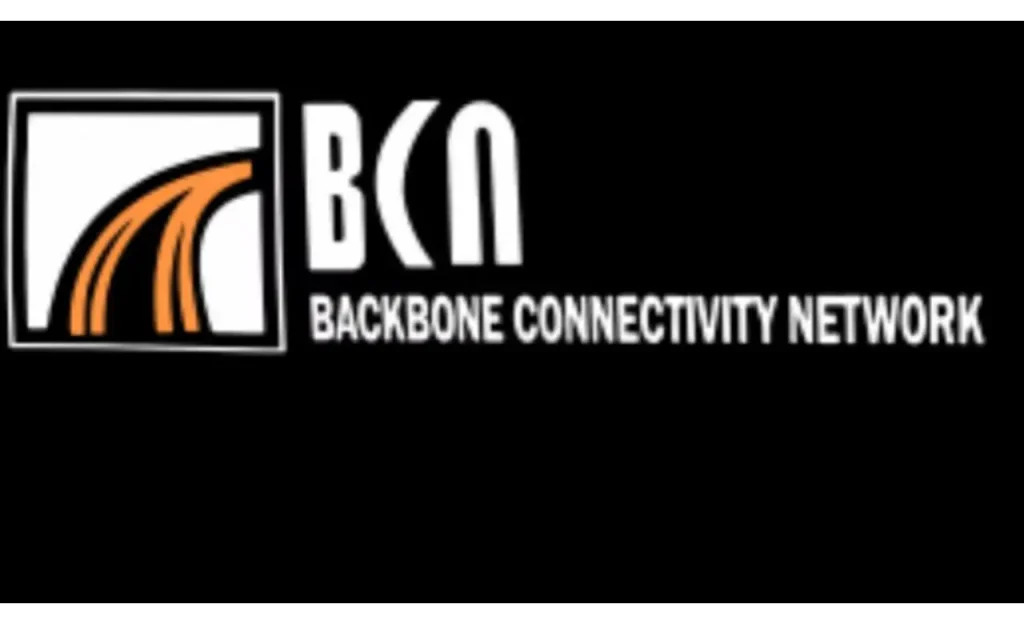• BCN offers a suite of services including broadband, infrastructure, managed security and unified communications, positioning itself as a metro-fibre / connectivity integrator.
• The industry at large in Nigeria faces threats from unreliable power supply, high operating costs, frequent fibre cuts, regulatory burden, and uneven Right of Way (RoW) charges — but is innovating in green energy, policy harmonisation and fibre expansion.
BCN’s role and services in the Nigerian telecoms landscape
Backbone Connectivity Network (Nigeria) Limited, incorporated in 2004, describes itself as “a leading Nigerian Broadband Communications Solution integrator and data management company.”The company is headquartered in Abuja (60, Lake Chad Crescent, Maitama) and provides services across several sectors: retail broadband, infrastructure services (notably fibre-optic / metro links), managed security services, and unified communications. BCN is also listed in PeeringDB with Autonomous System Number (ASN) 37688, showing engagement with public peering exchange points, particularly IXPN-Abuja.
Also read: Eko-Konnect Research and Education Driving Innovation
Also read: University of Education, Winneba: Pioneering Teacher Education and Innovation
Challenges & innovations facing BCN and the broader industry
Nigeria’s telecom / broadband infrastructure sector is under strain from a number of interlocking issues. A major challenge is energy supply: the national grid is unreliable in many regions, forcing telecom operators to depend heavily on diesel generators. Operating costs rise sharply as a result. Sources estimate over 40 million litres of diesel per month are used by telecom operators to power sites, a significant share of their cost base.
Physical damage to fibre infrastructure through vandalism, theft, accidental cuts (during construction or roadworks) is persistent. Frequent fibre cuts not only degrade service quality but also drive up cost and reduce trust among users. Regulatory obstacles also loom large: inconsistent Right of Way (RoW) charges across states; delays in permit approvals; overlapping roles of agencies; foreign exchange (FX) volatility which inflates the cost of imported equipment. To counter these challenges, both BCN and the sector overall are pursuing innovations. One is green and hybrid energy systems: combining solar power, battery storage and other renewable options to reduce dependence on diesel. The Nigerian Communications Commission (NCC) and associations like GSMA are encouraging such shifts, which may cut operating costs and emissions significantly.

